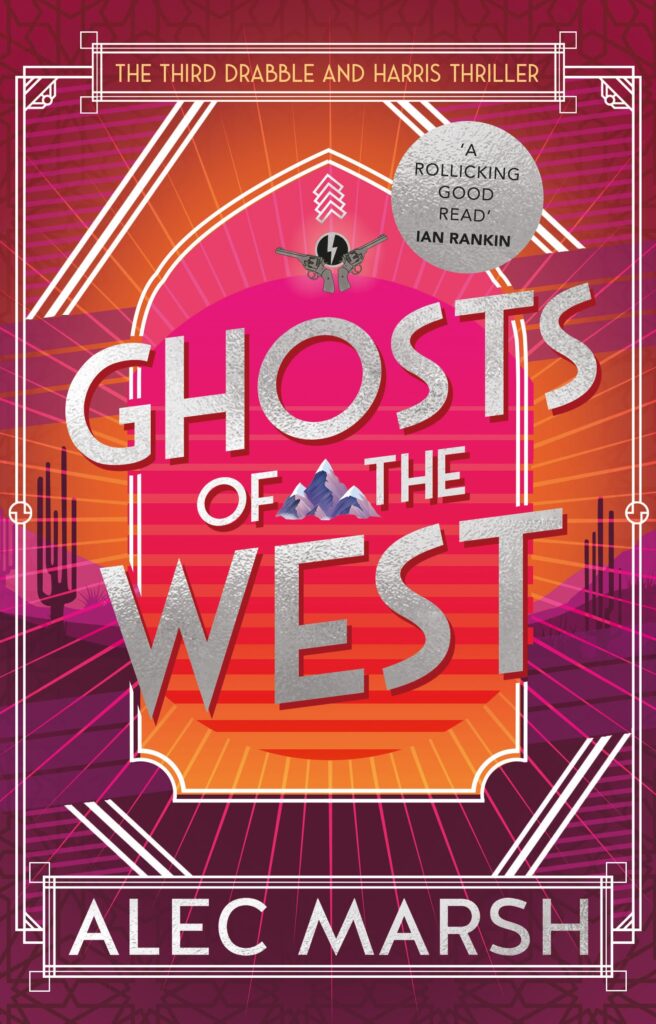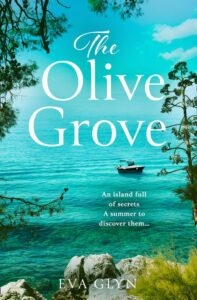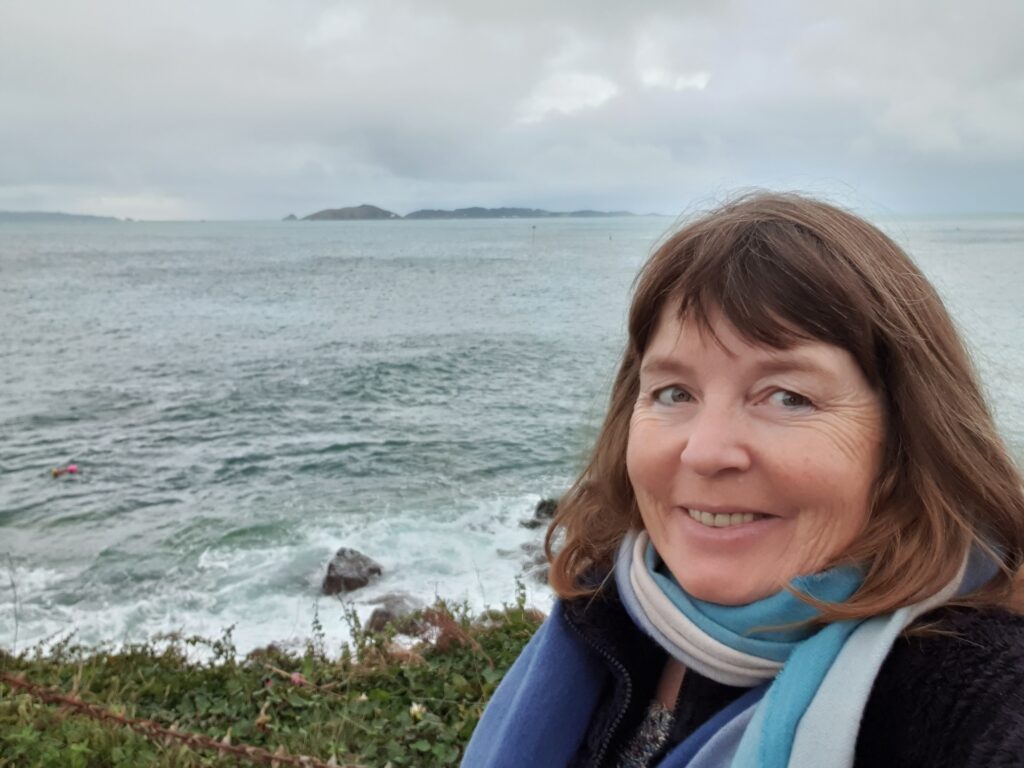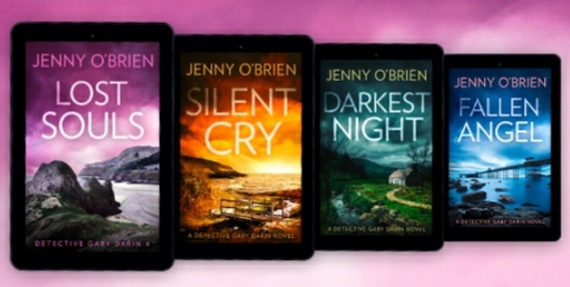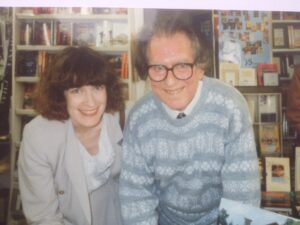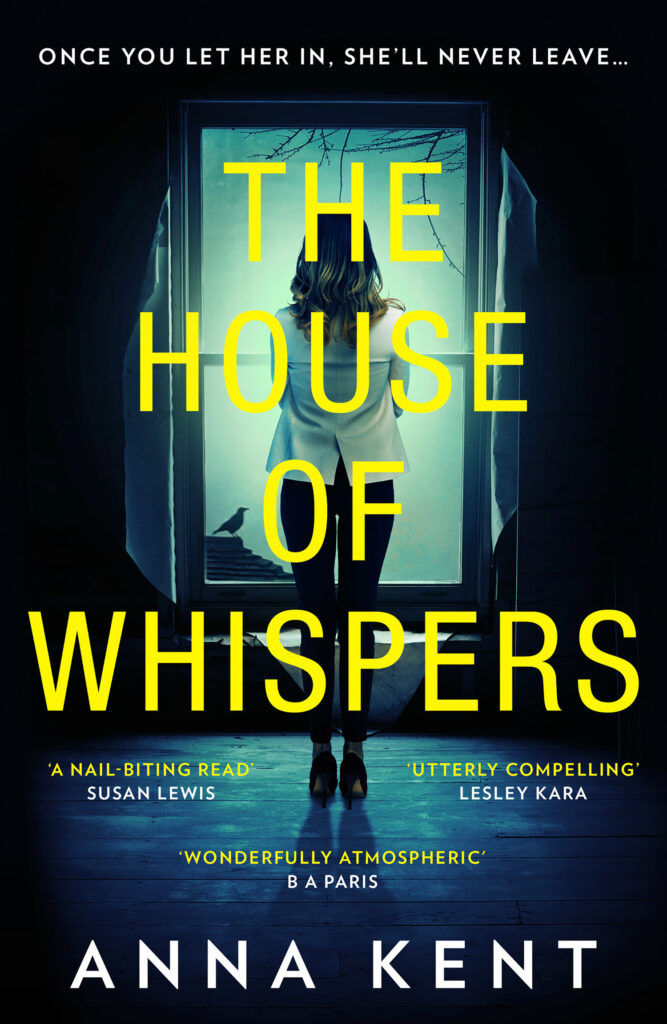 When I was 21 I started to write a novel. It wasn’t very good. I was working as a reporter for a local paper in Cornwall and my book… was about a reporter working for a local paper in Cornwall.
When I was 21 I started to write a novel. It wasn’t very good. I was working as a reporter for a local paper in Cornwall and my book… was about a reporter working for a local paper in Cornwall.
Soon I moved to London to work for the Daily Telegraph and started writing a second novel. It was about a young journalist working for a newspaper in London.
It wasn’t very good either.
I met a top agent at a function and asked him if he’d see it.
‘What’s it about?’ he asked.
After several seconds of flannelling he cut in: ‘If you can’t tell me in under 11 seconds then I’m not interested.’
I’d been introduced to the idea of the elevator pitch. If you can’t encapsulate your idea in a nutshell, you’ve had it.
I kept writing and the rejection slips (paper in those days) kept piling up.
Then one day a friend suggested I try my hand at historical fiction. ‘You’re obsessed about the past,’ he said. And it was true.
About a year later I read The Da Vinci Code, and was hooked.
And I thought, “I can do that.”
So I started thinking about a historical mystery that could sit at the heart of a story, and some characters that would have sticking power.
That was around 2004. Before I knew it, I had started writing what would become my first novel, Rule Britannia. And I knew I was onto something, I could feel it in my fingertips. My characters – a historian and mountaineer Ernest Drabble and his pal, a journalist named Harris – were alive. And so was the story.
With a half-written book, I started polishing and went looking for an agent. Again the rejection slips piled up (still paper).
Then one day in 2008 an email landed at about 6pm on Saturday evening from an agent. Do you have any more, he asked?
I didn’t sleep that night. Soon I’d emailed the next three chapters, then we had a meeting. After that, I had an agent and went off to finish the book – armed with the self-confidence to finish it properly, to believe in myself and the benefits of his insights.
The agent then took it to market. But it was 2009 and e-readers, Amazon and the global financial crisis was hitting hard, and – for whatever reason – my book didn’t sell. After a dozen very polite rejections from major publishers, my agent suggested I try writing a different book. Which I did.
For five years I wrote a book set in the First World War, but Drabble and Harris were still in the back of my mind, calling to me from the binary prison of a hard drive.
By 2015 the First World War book was finished – but so was my relationship with my agent who finally spelled it out to me when he told me this was not a book that he could sell to his clients. We were finished.
Exhausted and disappointed, I stopped knocking on doors that wouldn’t open and focused instead on my day job. Every now and then someone would ask about Drabble and Harris; I would change the subject.
Then my son Herbie was born in 2016, and his arrival rekindled my ambition. So in the small hours, I dug out Rule Britannia and reread it, shook my head at parts that hadn’t aged well, and I polished it. And I pitched it again.
After a string of rejections (emails now), I went direct to publishers, finding an independent in Cardiff, named Accent Press.
When the owner telephoned me and told me she’d take it – and she’d want two more books after – I was standing in a corridor at work. I didn’t punch the air, but a tear might have come to my eye. It had taken 20 years and I had endured numerous disappointments but it had finally happened. Drabble and Harris would get to their readers, and I was going to have a novel out. So what’s my advice for would-be authors. Don’t give up. And as Martin Amis once told me when I asked him for advice at book-signing: keep writing. After all, what else are you going to do?
Alec Marsh is author of the Drabble & Harris novels, published by Headline Accent. The latest book, ‘Ghosts of the West’ is published in original paperback and ebook on 9 September

